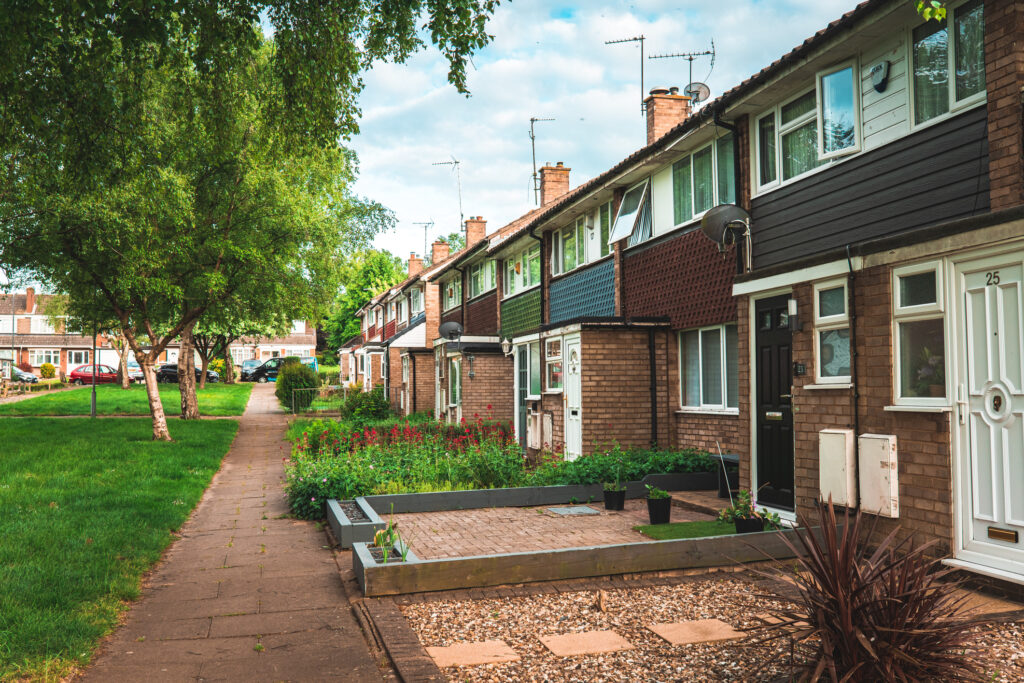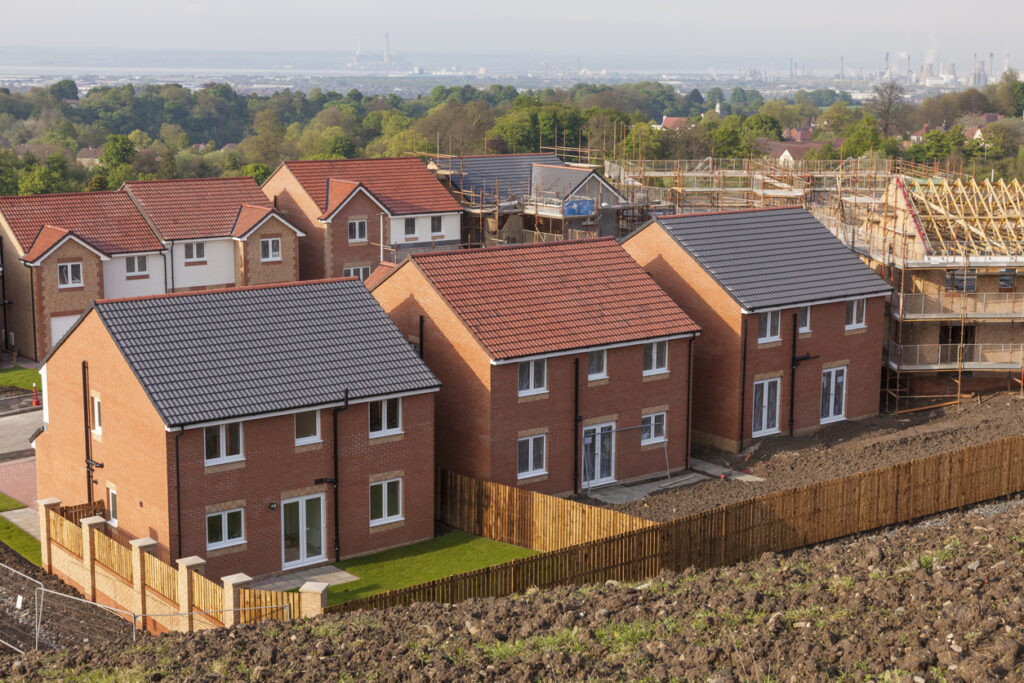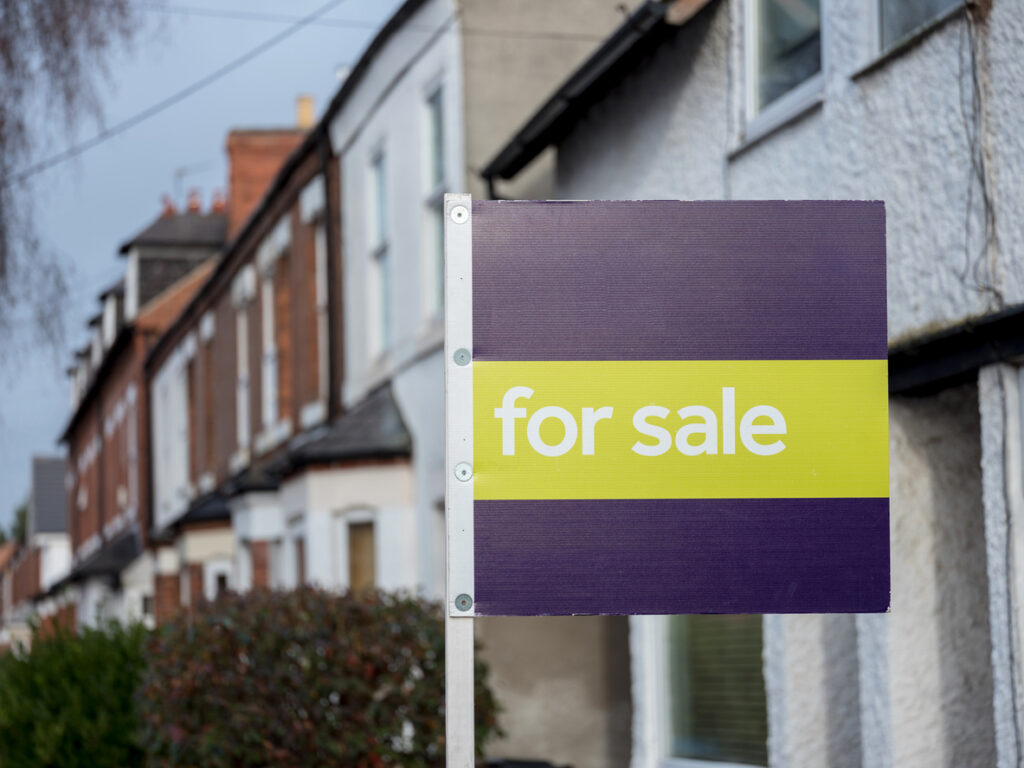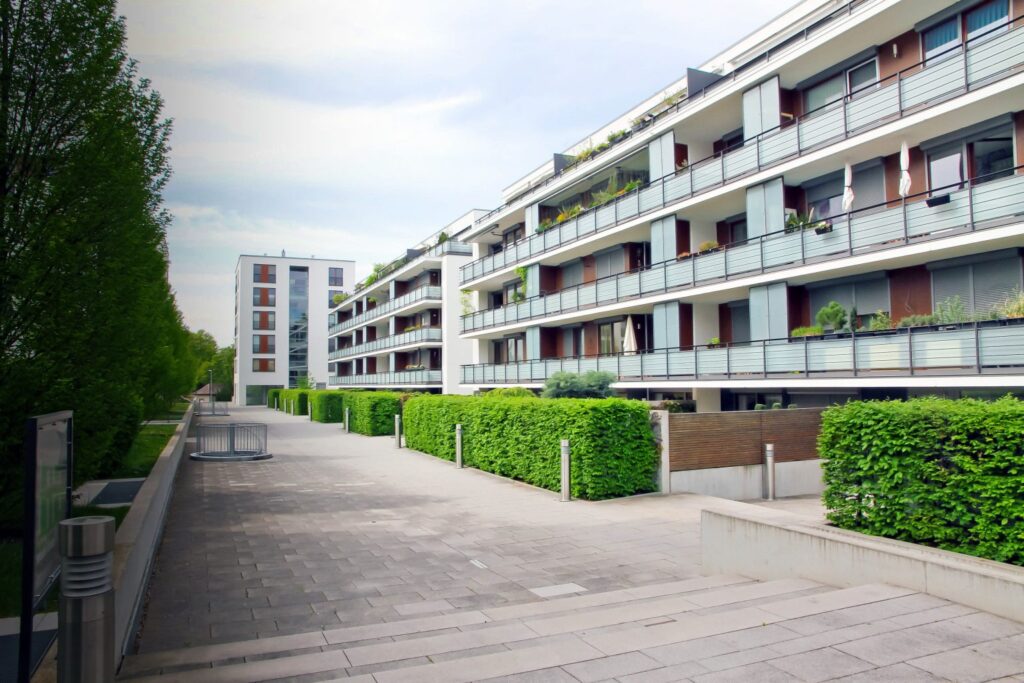Updated 25 June 2025
On 25 June 2025, Awaab’s Law was laid out in Parliament. Subject to Parliamentary approval, Government’s intention is to bring the Regulations into force on 27 October 2025.
Draft guidance has been now published ahead of the date to give landlords the opportunity to digest the guidance ahead of the potential implementation date. A copy of the draft guidance can be found by clicking here >
The guidance now provides social landlords, with a timeframe of when investigation and works must be completed and 23 proposed regulations as well.
The clock will start ticking for social landlords upon becoming aware of a potential hazard. The guidance also sets out that social landlords, should use all available information to initially determine if the hazard is a potential significant or emergency hazard and take the steps to complete the relevant safety works.
Awaab’s Law: Draft Guidance for Social Landlords – Phase 1 Requirements
| Action | Timeframe | Details |
|---|---|---|
| Investigate potential significant hazards | Within 10 working days of becoming aware | Landlords must use all available information to assess whether the hazard is significant or an emergency. |
| Provide written summary of findings to tenant | Within 3 working days of concluding the investigation | Summary must clearly set out the outcome of the investigation and next steps. |
| Complete relevant safety work (if significant hazard found) | Within 5 working days of concluding the investigation | Immediate safety works must be carried out if a significant hazard is identified. |
| Begin or take steps to begin further works (if required) | Within 5 working days of concluding the investigation | If works cannot start within 5 working days, they must start as soon as possible and within a maximum of 12 weeks. |
| Keep tenant updated throughout process | Ongoing | Landlords must communicate regularly and provide information on how tenants can stay safe. |
| Provide suitable alternative accommodation (if safety works cannot be completed in time) | As needed | If works cannot be completed within the specified timeframes, landlords must provide suitable alternative accommodation at their own expense. |
Additional Electrical Safety Requirements (Proposed Extension)
| Requirement | Details |
|---|---|
| Electrical installation checks | Every property must have electrical installations inspected at least once every five years. |
| Portable appliance testing (PAT testing) | All electrical appliances provided as part of a tenancy must undergo regular in-service inspection and testing. |
Social landlords will also need to factor in the implementation of these tests on their housing stock as well.
As we move towards an implementation date and we now have a potential working timeframe, social landlords will now be able to use the draft guidance to prepare further by updating policies and processes and working with their asset management teams and contractors to put plans in to place to deal with the working timeframes.
We’re already working with social housing providers to help them prepare for these changes. If your teams need practical training or tailored support to get ready for Awaab’s Law — or advice on wider housing management and litigation issues — we can help.
Social landlords – you must act now
From October 2025, social landlords will be under a legal duty to fix serious hazards like damp and mould within strict timeframes – or face the consequences. The changes form part of Awaab’s Law and are backed by the Social Housing (Regulation) Act. This is just the beginning, with wider hazards being brought into scope in 2026 and 2027.
The time to prepare is now. Many registered providers are still adjusting, but the clock is ticking – and there’s more to this than just repair timescales. Here’s what you need to know and do.
What is Awaab’s Law and what’s changing in 2025?
Awaab’s Law was introduced following the death of two-year-old Awaab Ishak in 2020 due to prolonged exposure to mould in his family’s home. The law was brought in under the Social Housing (Regulation) Act 2023, with changes rolling out in three phases.
Phase 1 comes into force in October 2025. From this point, all social landlords must:
- Respond to and fix emergency repairs within 24 hours of them being reported, whether or not they relate to damp or mould.
- Identify and address any damp and mould issues that pose a serious risk to health, within fixed legal timescales.
What comes next in 2026 and 2027?
From 2026, Phase 2 will widen the scope to include other high-risk hazards such as:
- Excess cold or heat
- Fire and electrical risks
- Structural issues and collapse
- Poor hygiene and risks from falls
Phase 3 follows in 2027, covering the full list of hazards in the new Housing Health and Safety Rating System (England) Regulations 2025.
How are professional bodies responding?
Professional bodies are already taking action to improve standards – especially when it comes to housing disrepair claims. The Royal Institution of Chartered Surveyors (RICS) recently issued a practice alert to its members, raising serious concerns about how some expert witnesses are working in this space.
Issues raised include:
- Over-reliance on pre-written templates rather than expert opinion
- Incorrect or exaggerated qualifications
- Undeclared conflicts of interest
- Fee arrangements that may depend on case outcomes
Surveyors acting as expert witnesses must meet the requirements of Part 35 of the Civil Procedure Rules. RICS has issued guidance that sets out four key duties:
- Do the work yourself – don’t reuse old templates
- Check your credentials are accurate
- Be alert to conflicts of interest
- Remember your duty is to the court, not the party instructing you
RICS has also urged its members to understand Awaab’s Law.
What does this mean for social landlords in practice?
Awaab’s Law isn’t just a legal change – it will require a shift in operational systems, tenant communications, and internal policies. Providers will need to demonstrate that they can respond quickly, log and track repair requests effectively, and prioritise safety.
We’re already seeing a steady rise in disrepair claims against landlords. While some are justified, others rely on poor-quality reports. It’s vital to thoroughly review any expert report you receive – check that the findings match the tenant’s letter of claim, and don’t be afraid to query vague or inflated costs.
What should you be doing now?
We’re helping registered providers get ready by:
- Reviewing and updating tenancy agreements to reflect new legal duties
- Amending internal policies and repair procedures
- Offering training on how to scrutinise expert reports and respond to disrepair claims effectively
There will be costs involved – from changing systems and boosting repair teams to ensuring your paperwork holds up under legal scrutiny. But getting ahead now will put you in a stronger position and reduce the risk of claims down the line.
Need support?
For information contact Habib Khan in our housing and asset management team, who can guide, help support and you and your teams get ready for Awaab’s Law and deal with any housing management and litigation issues you face during these evolving times.





